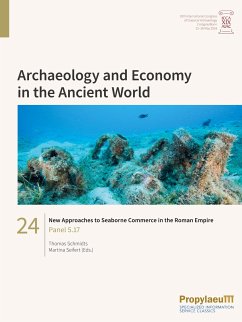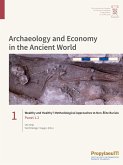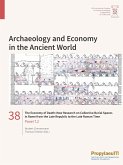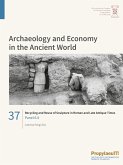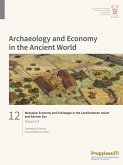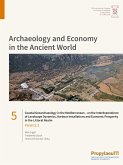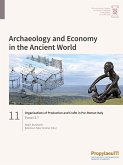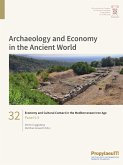Seaborne commerce in the Roman Empire is characterised by a remarkable efficiency for the pre-modern world. From Egypt to Britain, trade connections can be proven on the basis of archaeological finds. The range of these activities includes the Mediterranean, the Black Sea and parts of the north-eastern Atlantic. Important reference points for the assessment of Roman merchant shipping are ports, ships and cargo remains. Due to the large number of known shipwrecks and ports, archaeology in particular can contribute to a better understanding of maritime trade. The contributions address various aspects of the "seaborne commerce" with a broad methodological spectrum. In addition to wreck finds, the relevance of inscriptions on amphorae and other cargo remains are considered as well as the formation of networks, the reconstruction of shiproutes and the performance of ancient watercraft based on experiments.
Hinweis: Dieser Artikel kann nur an eine deutsche Lieferadresse ausgeliefert werden.
Hinweis: Dieser Artikel kann nur an eine deutsche Lieferadresse ausgeliefert werden.

